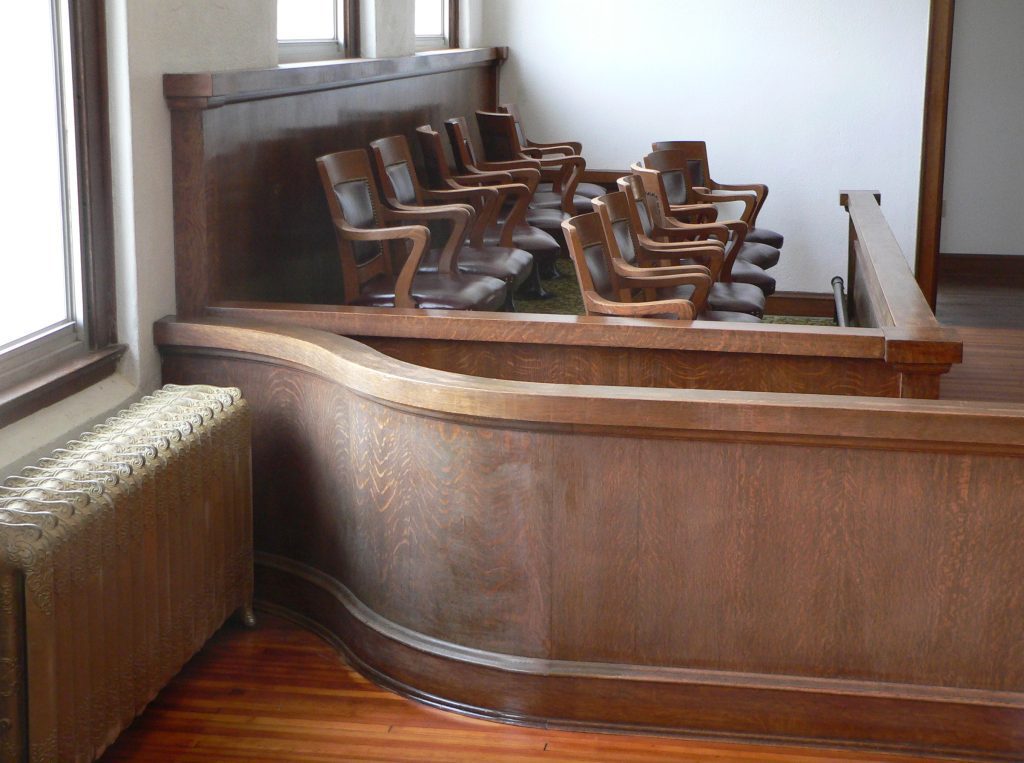As you already know (or will know if you click here), courts usually don’t let parties present hearsay in court. Hearsay is defined as an out-of-court statement offered by a party to prove the truth of the matter asserted in the statement. So, in general, if you try to present testimony from someone about what they heard someone else say, you’ll run into problems. But, like most general rules, the general hearsay rule has many exceptions.
The exceptions to the general hearsay rule are set out in the applicable rules of evidence (depending on if you’re in state or federal court). If you’re in federal court, you look to Federal Rule of Evidence 803. On the other hand, if you’re in state court, you have to look to the rules of evidence in that state. But, in most states, you’ll be looking for the same rule number, i.e., Rule 803. And, with some important exceptions, the hearsay exceptions are generally the same in every state.

What are the hearsay exceptions in federal court?
Federal Rule of Evidence 803 lists 23 exceptions to the general rule prohibiting hearsay. Here are all 23:
- present sense impression,
- excited utterance,
- then-existing mental, emotional or physical condition,
- statement made for medical diagnosis or treatment,
- recorded recollection,
- records of regularly conducted activity,
- absence of a record of regularly conducted activity,
- public records,
- public records of vital statistics,
- absence of a public record,
- records of religious organizations concerning personal or family history,
- certificates of marriage, baptism and similar ceremonies,
- family records,
- records of documents that affect an interest in property,
- statements in documents that affect an interest in property,
- statements in ancient documents,
- market reports or similar commercial publications,
- statements in learned treatises, periodicals or pamphlets,
- reputation concerning personal or family history,
- reputation concerning boundaries or general history,
- reputation concerning character,
- judgment of a previous conviction and
- judgments involving personal, family or general history or a boundary.

If these terms don’t mean a lot to you, that’s okay. In fact, lawyers and judges still struggle with a lot of them. But a couple of examples will show you how they work.
For instance, Rule 803(1) is the subrule discussing present sense impressions. It allows the admission of “[a] statement describing or explaining an event or condition, made while or immediately after the declarant perceived it.” So, if you’re describing something as you’re experiencing it, courts can allow your statement into evidence.
Additionally, Rule 803(9), the subrule discussing certificates of marriage, baptism and similar ceremonies, is another example. It allows the admission of “[a] record of a birth, death, or marriage, if reported to a public office in accordance with a legal duty.” So, if you have to prove someone died, courts can allow you to present a death certificate as evidence.
The Takeaway:
Ultimately, it’d be impossible for us to discuss all 23 exceptions in detail in this article. But the Federal Rules of Evidence, and probably your state’s rules, do a pretty good job of breaking them down. We’ve included a couple of examples of that breakdown above. However, if there are certain exceptions that you think deserve a full article, please contact How to Justice.






